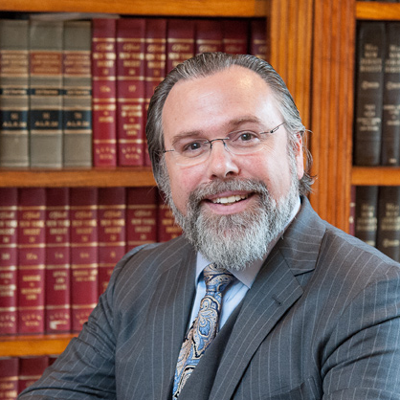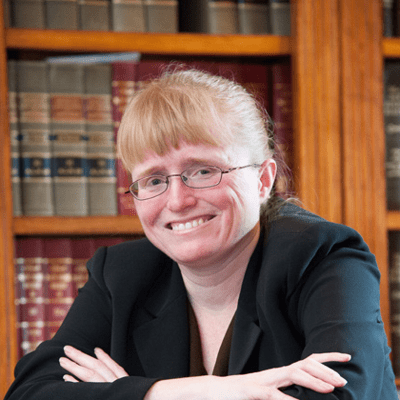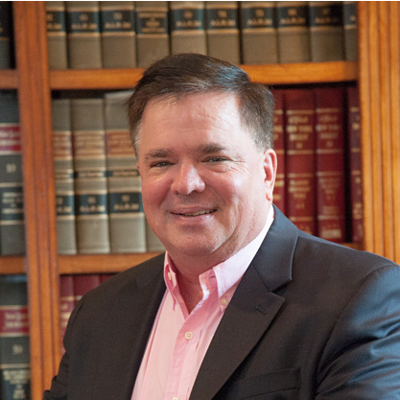Frequently Asked Questions
Answers to Questions About Debt Relief from Our Wall, NJ Attorney
What is bankruptcy?
Bankruptcy is a legal means by which a debtor may reduce or eliminate certain types of debt under U.S. and state bankruptcy laws. Various types of bankruptcy have been created by the government for individuals, married couples, and businesses. Personal bankruptcy is generally done through a Chapter 7 or Chapter 13 filing, while business bankruptcy is generally accomplished by a Chapter 11. Each type has its own process, advantages, and disadvantages.

Frequently Asked Questions
Learn more about effective debt relief options from our Wall, NJ attorney in a free consultation. Contact us online or at (732) 402-0088 today. Also serves Toms River and surrounding areas.
The Cerbone Law Firm Team

James Cerbone Attorney, Firm Director

Tammy White Attorney

Timothy Bluish Accountant

Cindy Duncan Paralegal

Danielle Rochetti Paralegal
Hear From Attorney Cerbone
The Cerbone Law Firm Puts You First
We Are Committed to Finding the Best Solution
We promise to give you the same advice we would give to a family member.
We Care About Our Clients
Our compassion for our clients and commitment to see them succeed is the driving force behind our practice.
We Have Over 25 Years of Experience
Over those 25 years, we have experienced it all and have learned how to have fun doing it!
Hear From Our Previous Clients
Contact Us Today
We Offer Free Consultations
Contact Us Today (our team page)
"*" indicates required fields



